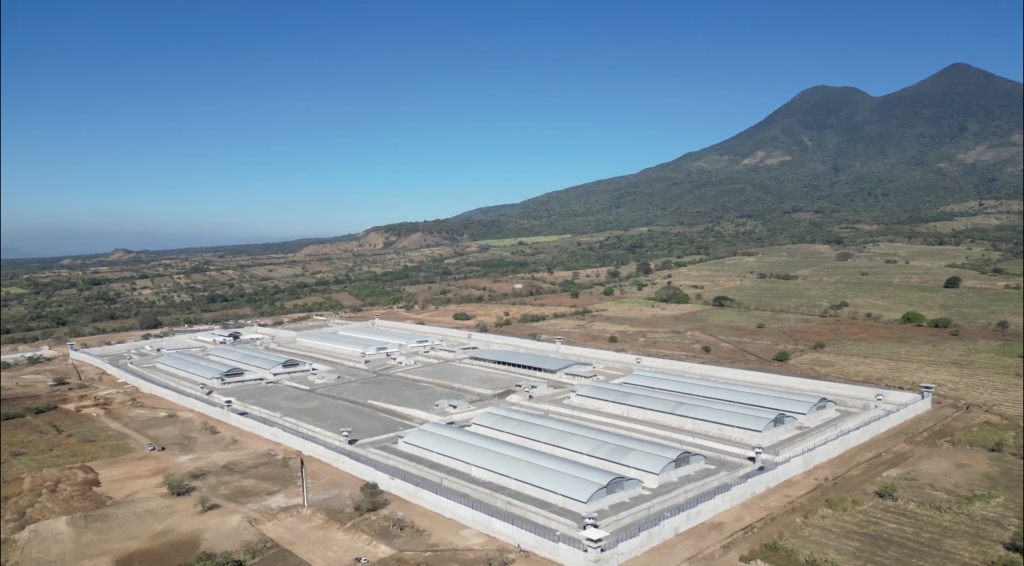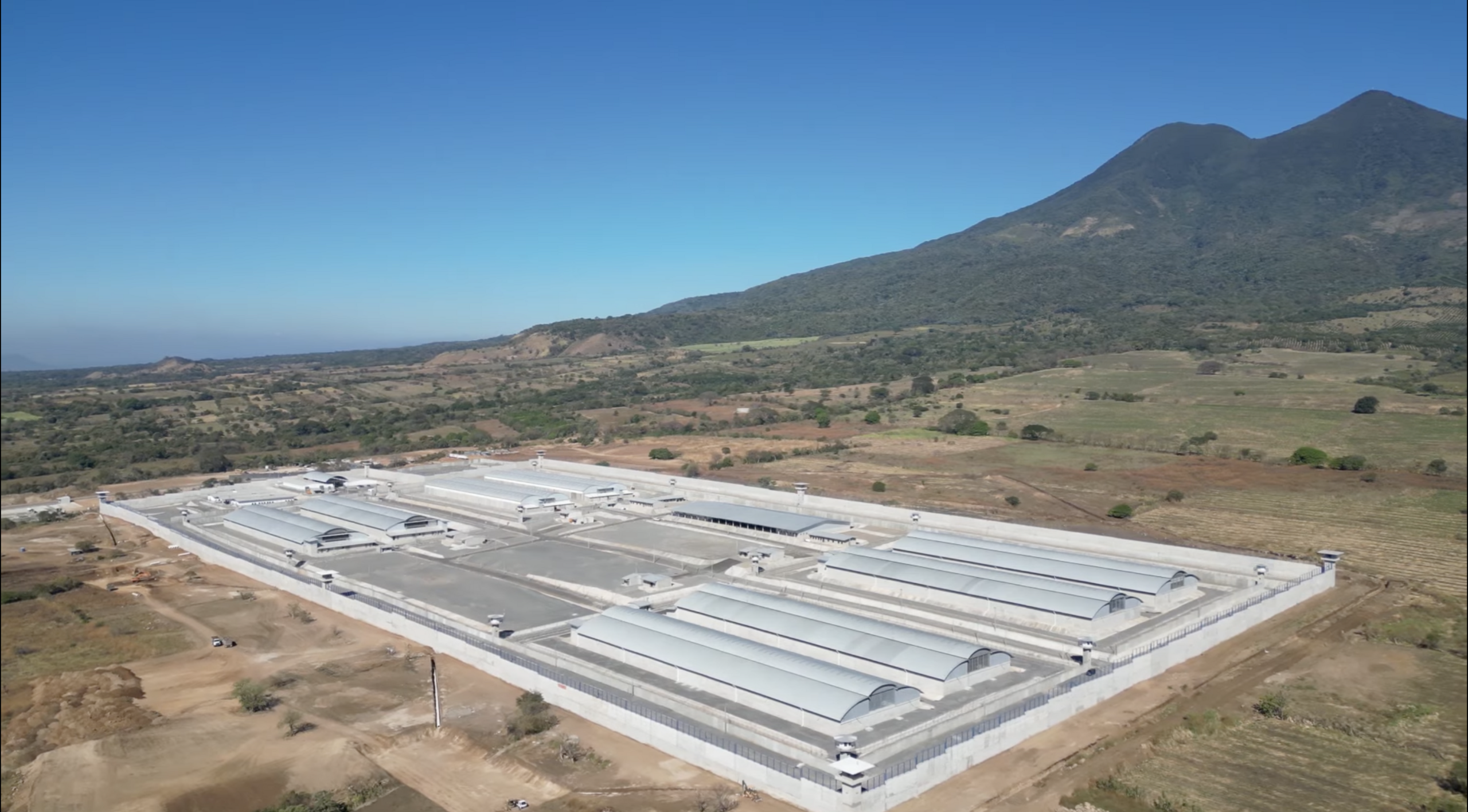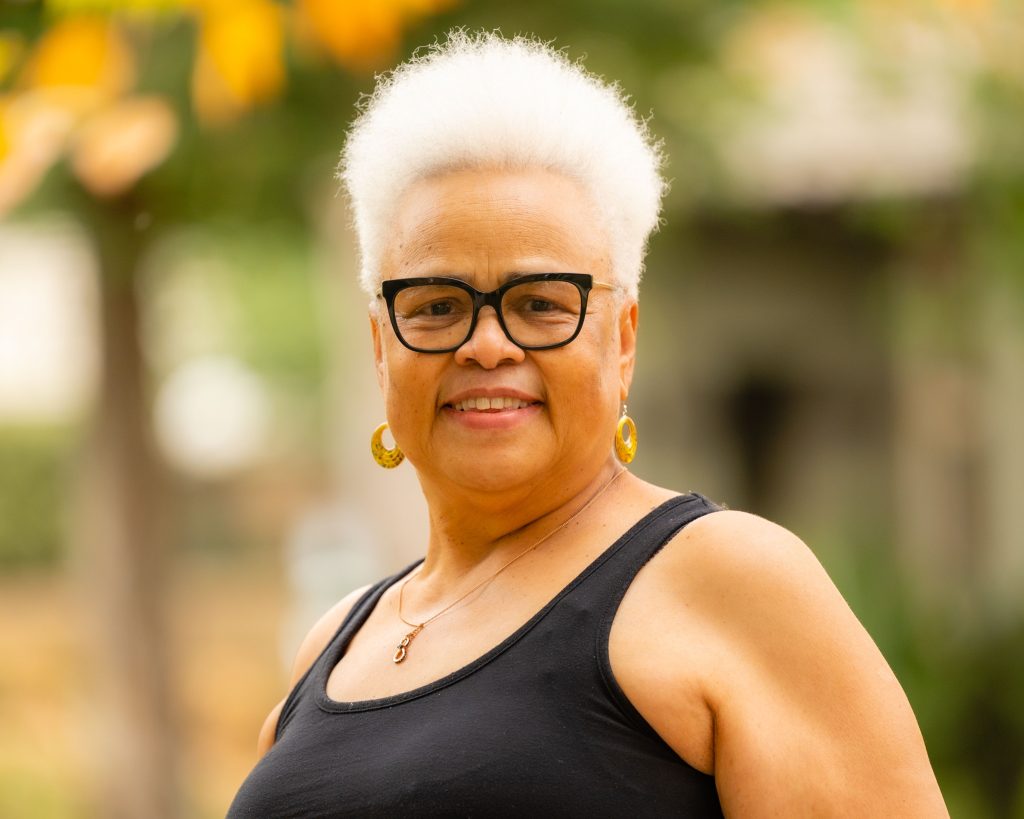For the past several weeks, I have been busy composing a new chapter of my second volume of memoirs for Lived Places Publishing, to be titled The Leadership of Women: More Stories of Solidarity and Struggle in the Human Rights Movement, revisiting important and inspiring memories, when the present suddenly grabbed me by the lapels and shook me, hard.
For a chapter on bringing human rights violators to justice, I was immersed in the story of Neris Gonzales, a courageous woman who survived wrongful imprisonment, torture, and rape at the hands of Salvadoran National Guardsmen in 1979. Decades later, after being granted asylum in the U.S., Neris became a witness against two Salvadoran generals, the commanding officers of her tormentors, in a historic trial in a Florida courtroom. Testimony from human rights organizations and experts on El Salvador’s history documented the systematic use of torture by government forces during the country’s 12-year civil war, during all of which the U.S. provided military and police transfers in support of the government committing these atrocities. In a groundbreaking civil tort case, on July 23, 2002, the jury found the generals responsible on all counts for the atrocities committed by their subordinates. They were ordered to pay $54.6 million to the plaintiffs, a significant measure of the jury’s assessment of their culpability (even though less than $100,000 could actually be collected).
Although it is inspiring to remember the heroic story of Neris Gonzales, during the research and writing I sometimes found myself sick at heart. I was summoned to the past by memories of many Salvadoran cases I worked on as regional director of Amnesty International USA in the 1980s: Men and women like Neris who were seized by military and security forces in broad daylight, held captive, and subjected to torture. Neris Gonzales survived; so many did not. Neris rose above her terrible trauma to achieve a measure of justice, a moral victory not just for herself but for all those tortured and abused. She struck a blow against impunity, that is, the expectation of oppressive regimes that crimes against humanity will have no consequences for the perpetrators. Such achievements can turn the wheel of history away from repetition of these crimes, a great contribution. Hers is a story with an uplifting conclusion that offers hope for the future.
And then I read about Kilmar Abrego Garcia. Kilmar is a 29 year old married Salvadoran with three children living with legal resident status in Maryland who was wrongly deported from the U.S. to El Salvador, once again the torture capital of the hemisphere.
On March 12, Kilmar was driving home, and his five-year-old son, who has autism, was in the back seat when he was stopped at a roadblock. It was an immigration checkpoint. His wife, Jennifer Vásquez Sura, showed up shortly afterward. His immigration status had changed, he was told. “If you are strong, I will be strong,” were his last words to Jennifer as he was taken away, she told reporters, “In the blink of an eye, our three children lost their father, and I lost the love of my life.”
The appalling reality that torture is systematically practiced today in El Salvador cannot be unknown by the current U.S. Administration. A report by the human rights organization Cristosal in 2023, for example, documented that since authoritarian President Nayib Bukele declared a state of emergency in March 2022, police had arrested more than 60,000 Salvadorans for being alleged gang members, many on flimsy evidence or none at all. Nearly two percent of El Salvador’s adult population is now incarcerated, giving the tiny Central American country the distinction of having the highest incarceration rate in the world. The Cristosal report says that 153 people died in custody in the first year of Bukele’s “crusade against gangs.” The group claimed to have proof that at least 28 incarcerated people “died violently from torture, blows… asphyxiation by strangulation, injuries, among other causes.”
Nevertheless, this year Trump’s Department of Justice deported over 200 migrants from Venezuela and with them dozens of Salvadorans to El Salvador with absolutely no due process, no opportunity for the migrants, whom the Administration claimed without presenting proof were members of a gang, to state their case. Dozens who were deported have active asylum cases pending. In spite of lawsuits challenging the summary deportations, only a few have been returned and many are still incarcerated in the most infamous of all Salvadoran prisons, in constant danger of torture and ill treatment, with no relief in sight.

And among them, Kilmar Abrego Garcia. A US judge ordered the Trump administration to return Kilmar immediately to the United States. The US government admitted the deportation was an error but claimed no legal authority to reverse it. The Supreme Court has so far sided with the Administration, overturning the judge’s order. So now, as I did 40 years ago after learning about and publicizing the cases of Salvadorans who had been tortured or disappeared, I worry about Kilmar Abrego Garcia.
I intend this volume of memoirs to be an invitation to 21st Century activists to join the struggle for human rights. Every day since the inauguration of the first unapologetic Fascist ever to occupy the White House, I am painfully reminded by the cruel and unconstitutional behavior of my own country’s government how imperative, how urgent it is that these outrages inspire a new generation to join and lead the fight.
—David Hinkley, former chairperson of Amnesty International USA
David Hinkley has two books published by LPP:
What can we learn from the women whose leadership has shaped human rights struggles across the globe?
 The Leadership of Women is a powerful memoir by David Hinkley that celebrates the remarkable women who inspired his work beyond Amnesty International, spotlighting their groundbreaking contributions to movements for justice. Through vivid stories of collaboration, resilience, and innovation, Hinkley honors these champions while offering lessons for activists today.
The Leadership of Women is a powerful memoir by David Hinkley that celebrates the remarkable women who inspired his work beyond Amnesty International, spotlighting their groundbreaking contributions to movements for justice. Through vivid stories of collaboration, resilience, and innovation, Hinkley honors these champions while offering lessons for activists today.
This book is both a tribute and a call to action—an invitation to join ongoing struggles for the rights of women, refugees, people in poverty, and victims of abuse worldwide. The Leadership of Women is ideal for students, scholars, and activists seeking to understand and advance human rights in the 21st century.
 Drawing on personal experience and that of towering human rights figures, such as South Korea’s Kim Dae Jung and Sudan’s Mahmoud Mohamed Taha, author David Hinkley takes us on a journey of solidarity and struggle in the cause of human rights. Stories of Solidarity and Struggle offers a unique insider look at the international struggle for human rights, told in prose and poetry by Hinkley, an activist for more than 50 years and still on the ramparts. On display are the methods and strategies used, thrilling victories, tragic defeats, lessons learned, and, poignantly, the benefits to the activist.Drawing on themes of memory, inheritance, and justice, this book is ideal reading for activists, people fighting for human rights, and students of Activism and Social Movement Studies, Cultural Anthropology, Politics, History, and Carceral Studies.
Drawing on personal experience and that of towering human rights figures, such as South Korea’s Kim Dae Jung and Sudan’s Mahmoud Mohamed Taha, author David Hinkley takes us on a journey of solidarity and struggle in the cause of human rights. Stories of Solidarity and Struggle offers a unique insider look at the international struggle for human rights, told in prose and poetry by Hinkley, an activist for more than 50 years and still on the ramparts. On display are the methods and strategies used, thrilling victories, tragic defeats, lessons learned, and, poignantly, the benefits to the activist.Drawing on themes of memory, inheritance, and justice, this book is ideal reading for activists, people fighting for human rights, and students of Activism and Social Movement Studies, Cultural Anthropology, Politics, History, and Carceral Studies.
We want our books to be available to as many people as possible. If you’d like to purchase an individual copy, please email us and we’ll give you a discount code:
IMAGE CREDIT: Aerial view of the Terrorism Confinement Center (CECOT), La Prensa Gráfica, CC BY 3.0
The views presented in this post are based on the author’s perspective and experiences. The views and perspectives of the author are not necessarily those of the publisher. Our role as a publisher is to ensure many and varied voices are heard openly and unfiltered and that diverse life experiences find expression in our books, blog posts, and other media. We support our authors fiercely, but we do not always share their opinions or perspectives.




My dearest friend
keep on your engagement for social justice